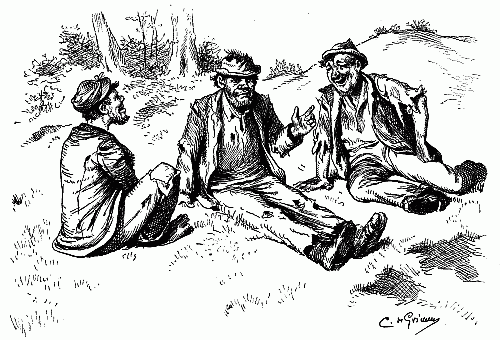1. Everyone brings a story to share.
This can be a favorite children's book, a chapter or excerpt from a novel, a monologue you've always wanted to perform, a movie scene you'd like to reinterpret, a poem, a tale you've written, a remarkable experience you've had... anything that you feel makes a good story. It can be funny, sweet, poignant, ironic, whatever mood you like. Just please consider propriety and courtesy in your selection.
Feel free to collaborate with others in the telling, if you wish. Feel free to bring more than one story, if you just can't decide on one; there will likely be time for both. Feel free to incorporate background music, props, and what have you--just nothing that will ruin the carpet or get us arrested. And, if you really don't want to bring a story, you can still come and hear everyone else's!
2. Everyone participates as a good audience member.
2. Everyone participates as a good audience member.
This means you laugh and cry and applaud when you're supposed to so the story can come alive. It also means that there is no Peanut Gallery-ing or audio commentary UNLESS the storyteller gives the okay; we'll all be sharing a little bit of our souls here, and that merits respect from those receiving. Plus, it's just more fun when everyone feels good about each other and how the story came out.
We've done this in the past with our Friday night movie group, and it's really fun. This particular event will feature food of some sort and squishy couches.
Stories are one of the things that Josh and I love most, and we intend to make story time a regular occurrence in our home. We're looking forward to starting this tradition with our friends at the end of the week. :)
Woohoo!














